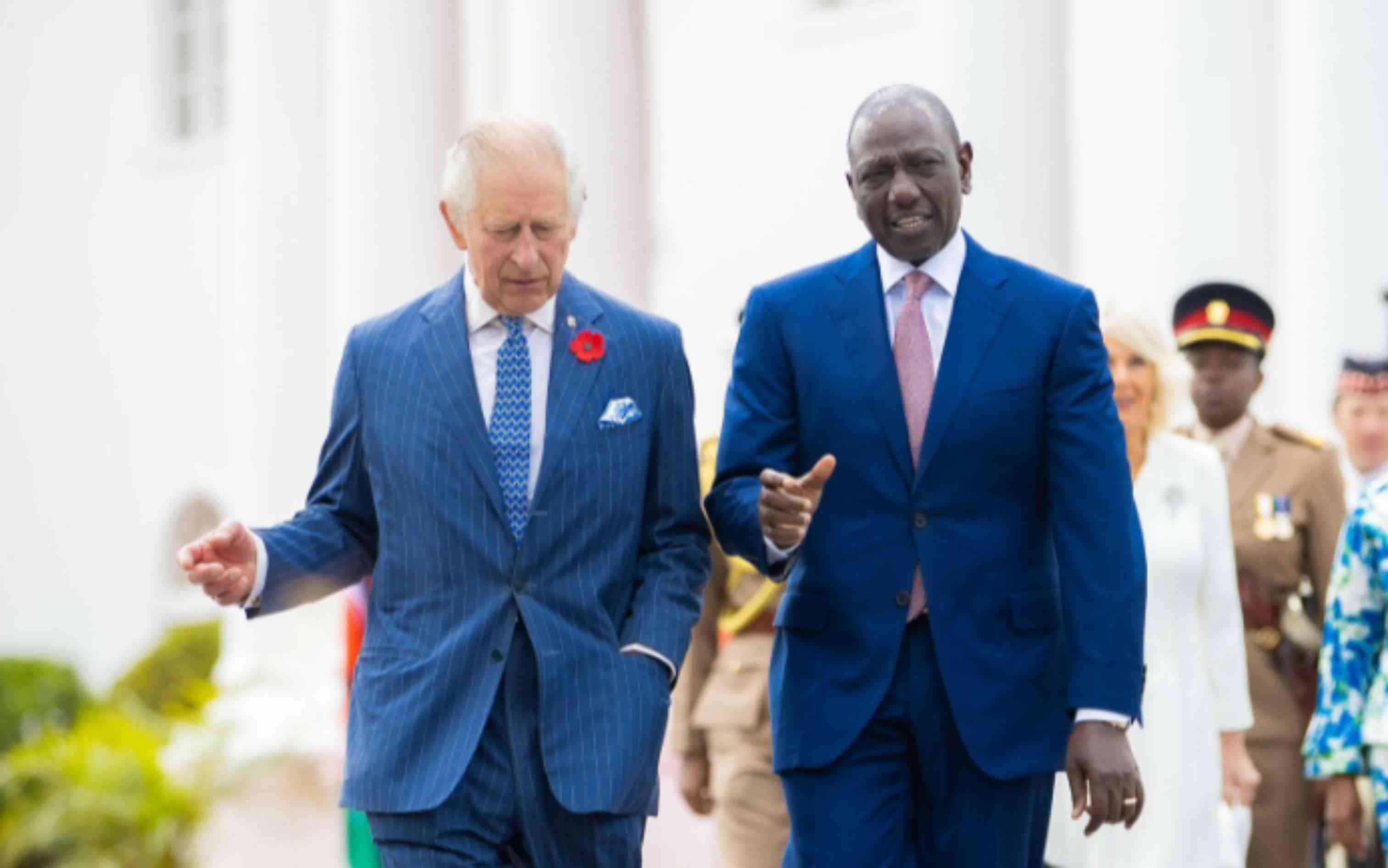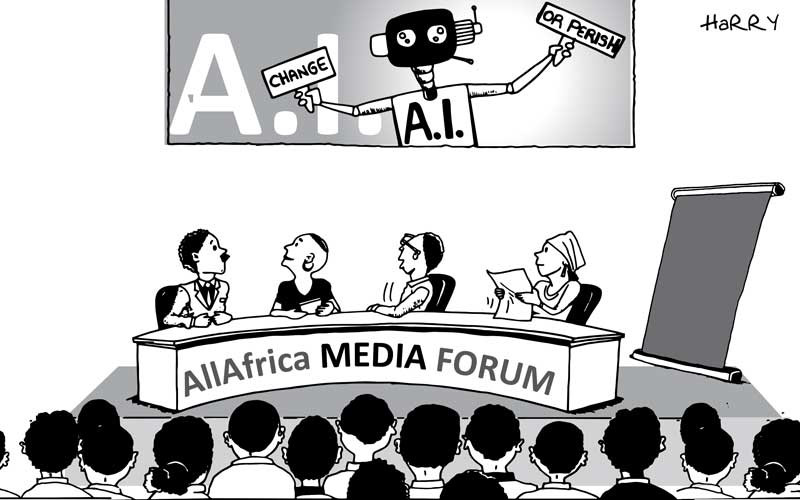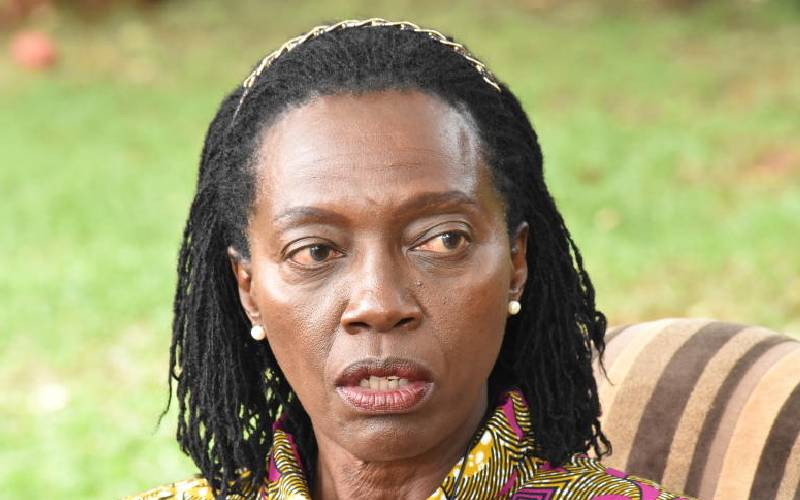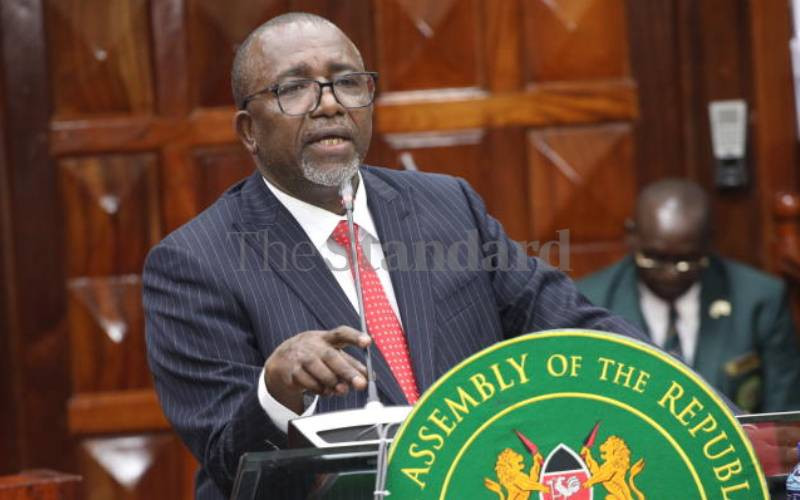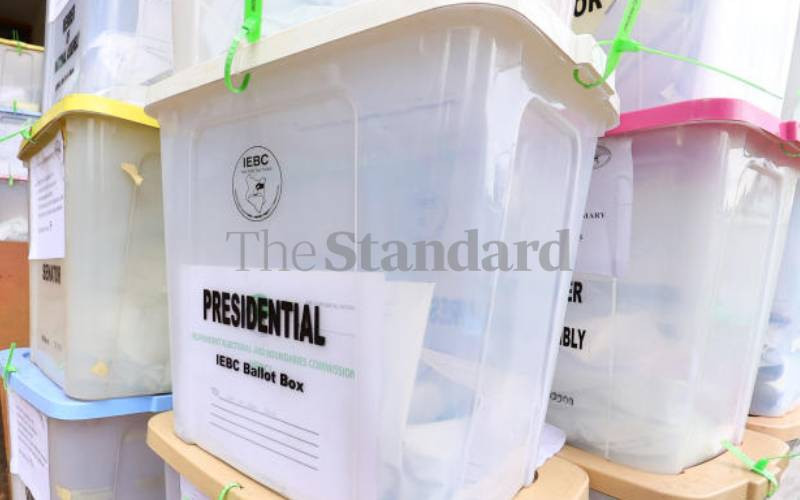Kenya: A few years ago, Britain was faced with the same challenge as the one facing South Africa at the moment.
There was massive unemployment, the majority unemployed being the native Britons themselves. But exactly what did Britain do? Instead of resorting to violence, the people cried out to their government, which, in a bid to arrest the issue at hand, decided to pare the number of foreigners in the country.
How? You may ask. Britain set a bar to the minimum wage a foreigner in the country can earn. Any alien earning less than the base amount was immediately cut off from their job, and given a short period of one year to leave the country, or face arrest.
But just hold it there. Not only did she send home the lowly-earning employees, but also set changes to the manner in which student visas operate. Now, unlike before, students just upon graduation must leave the country to re-apply for work visas there from their home countries.
Why? From the look of things, Britain's borders were practically too porous, given its conservative nature. Furthermore, the streets of Britain are flooded with foreigners. The chances of meeting a white Briton in London are 44.9 per cent as per the last census.
Rather, one would find Indians, Chinese, Americans, Nigerians, Kenyans and all other sorts of nationalities. In fact in London, one might even ask, other than the royal family, what happened to all other Britons around? They were outnumbered. This is what called for the drastic move made to reverse the events. Some say Theresa May, UK's home secretary was being discriminative. I say she was being super-smart.
The result? A massive creation of employment opportunities for the Britons. Not only did they gain their "rightful place in employment" but rather, they retained their reputation as a G-8 country. A first world. A dignified nation by all means. But why was this form of mild xenophobia given such liberal terms – an understanding view by the world, a sort of "appreciation" of the country's act even amid protests. Because of the rationality with which it was carried out. Something South Africa clearly does not demonstrate. The Britons determined their problem, figured its cause, came up with a witty solution, then implemented it, outlining to the whole world why and how it was to be done. No offence to other countries was made.
South Africa, on the other hand, is murdering foreign nationals! I mean... Who does that? Or maybe their mindset, as Trevor Noah suggests, was: "The world is going this way? We'll just go this other way... aren't we all heading to the same place? Don't worry about us... we'll meet you there... Don't worry." If you ask me, the irrationality with which this has been done, only makes Trevor Noah all the funnier.
But as an upcoming specialist in my field of expertise, a meticulous analyst, I prefer to look deeper into the light of this cataclysm. What gain or loss has South Africa made? In terms of development, it has made a ghastly loss. They have violated the principle of common good, let alone that of solidarity. They have pulverised the values of freedom, justice and love. How about the social, economic and moral assets? Vanquished!
Their developments in freedom (capability for people to live lives they value) have clearly met the antagonistic unfreedoms (domestic war, HIV, lack of education). Aren't they simply expressing the degree to which the country is underdeveloped, a mere stark 3rd world?
The gain? You may ask. Being noticed. A mediocre desire that I look down upon with tremendous distaste. Then comes the question, what made them do this? I think the idea was sparked by Britain's exemplar. But there and just there is where they stopped thinking. – AT THE IDEA STAGE. With that, they sat back and let their skewed mindset do the thinking. Searching for a "unique" manner of expression; one bound to leave a mark. Shame – South -Africa – Shame.
To my Kenyan friend Steve, in the terror-stricken country, I dedicate Invictus by William Ernest Henley.
 The Standard Group Plc is a
multi-media organization with investments in media platforms spanning newspaper
print operations, television, radio broadcasting, digital and online services. The
Standard Group is recognized as a leading multi-media house in Kenya with a key
influence in matters of national and international interest.
The Standard Group Plc is a
multi-media organization with investments in media platforms spanning newspaper
print operations, television, radio broadcasting, digital and online services. The
Standard Group is recognized as a leading multi-media house in Kenya with a key
influence in matters of national and international interest.
 The Standard Group Plc is a
multi-media organization with investments in media platforms spanning newspaper
print operations, television, radio broadcasting, digital and online services. The
Standard Group is recognized as a leading multi-media house in Kenya with a key
influence in matters of national and international interest.
The Standard Group Plc is a
multi-media organization with investments in media platforms spanning newspaper
print operations, television, radio broadcasting, digital and online services. The
Standard Group is recognized as a leading multi-media house in Kenya with a key
influence in matters of national and international interest.




